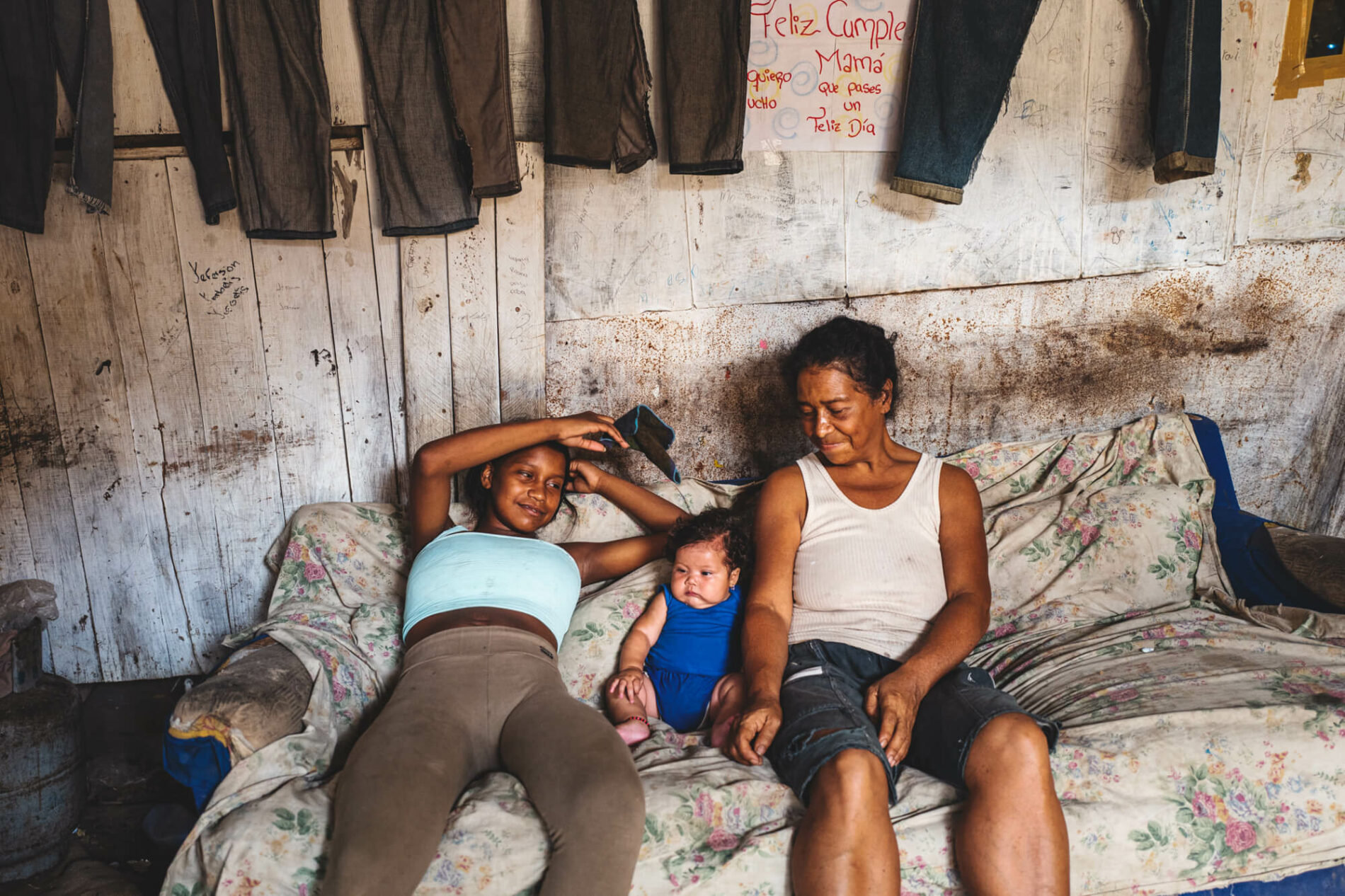Adolescence typically paints a picture of emotional upheaval, burgeoning idealism, and a dash of rebellion. It is a phase for identity formation, relishing the simplicity of life, and gearing up for the responsibilities of adulthood.
However, in Venezuela, this narrative takes a sharp turn. A significant number of Venezuelan women find themselves in the throes of motherhood at a very tender age. From 2015 onwards, the country has witnessed a staggering 65% increase in teenage pregnancies, which now account for 20% of all pregnancies nationwide. Many of these young mothers-to-be grapple with considerable nutritional deficiencies, which in turn, impact the health of their unborn children, often resulting in low birth weights. The subsequent developmental years of these children are marred by an environment far from conducive to their growth.
One of the unintended consequences of Venezuela’s socioeconomic crisis since 2015, which tops the charts for teenage pregnancies in South America, is the exodus of parents in search of better opportunities, leaving their children in a vacuum devoid of a stable family structure, life goals, and most importantly, parental love. The void left by the absence of parental affection often leads these teenagers to seek love and validation through parenthood.
Further exacerbating the situation is the acute shortage of basic contraceptives. Since 2015, condoms, birth control pills, and intrauterine devices have been largely unavailable in public hospitals. Venezuelan health centers’ dearth of free contraceptive supplies disproportionately affects the most impoverished communities. While private pharmacies offer contraceptives, the cost is prohibitive, with a pack of three condoms equating to a week’s minimum wage. Over the past six years, the state’s failure to procure these essential supplies has left most of the population, particularly those in extreme poverty, to fend for themselves.
Venezuelan society, deeply rooted in conservative Catholic values, shies away from teaching sex education in schools and homes. When surfaced, the topic is often framed as a sinful act to be feared rather than a natural experience to be enjoyed responsibly.
Yetzimar Sanz, a 16-year-old, became pregnant with her first boyfriend, Adrián, who was 17 then. Their daughter, Adrianyelis, is the product of Yetzimar’s first sexual encounter. She left high school due to the stigma associated with her pregnancy. She had her second child three years later with a 41-year-old man after enduring a traumatic birthing experience where she was reprimanded for expressing her pain.
The discourse around teenage pregnancy in Venezuela often excludes the role of teenage fathers. It is a widely accepted norm for fathers to evade their responsibilities, leaving the mothers to bear the brunt. In the village of Choroní, men boast about fatherhood as a rite of passage that begins with the sprouting of facial hair, oblivious to the immense responsibility that comes with it.
Support for these young mothers primarily comes from their own mothers and grandmothers, who bear the family’s economic burden. Non-governmental organizations like Niña Madre have provided education and support to these young mothers for 30 years, aiming to curb teenage motherhood and equip them with the tools needed for a successful future. They also strive to involve the fathers and their families, fostering a safe space for open dialogue and access to vital information.
Without the expansion of such programs and consistent government intervention, the future appears grim. The absence of adult guidance results in minors becoming heads of households, dropping out of school, and struggling to secure decent employment.
Although 70% of Venezuela’s population is at the prime age for productivity, the lack of empowerment and education for young Venezuelans translates into a vicious cycle of poverty, economic dependence, increased child malnutrition, and a higher likelihood of perpetuating their parents’ patterns.
This project is the winner of the Marilyn Stafford PhotoReportage Award, 2023
It has been published in De Volkskrant and Der Spiegel, The New Humanitarian, and projected during the photojournalism festival Visa pour l’image 2023.

